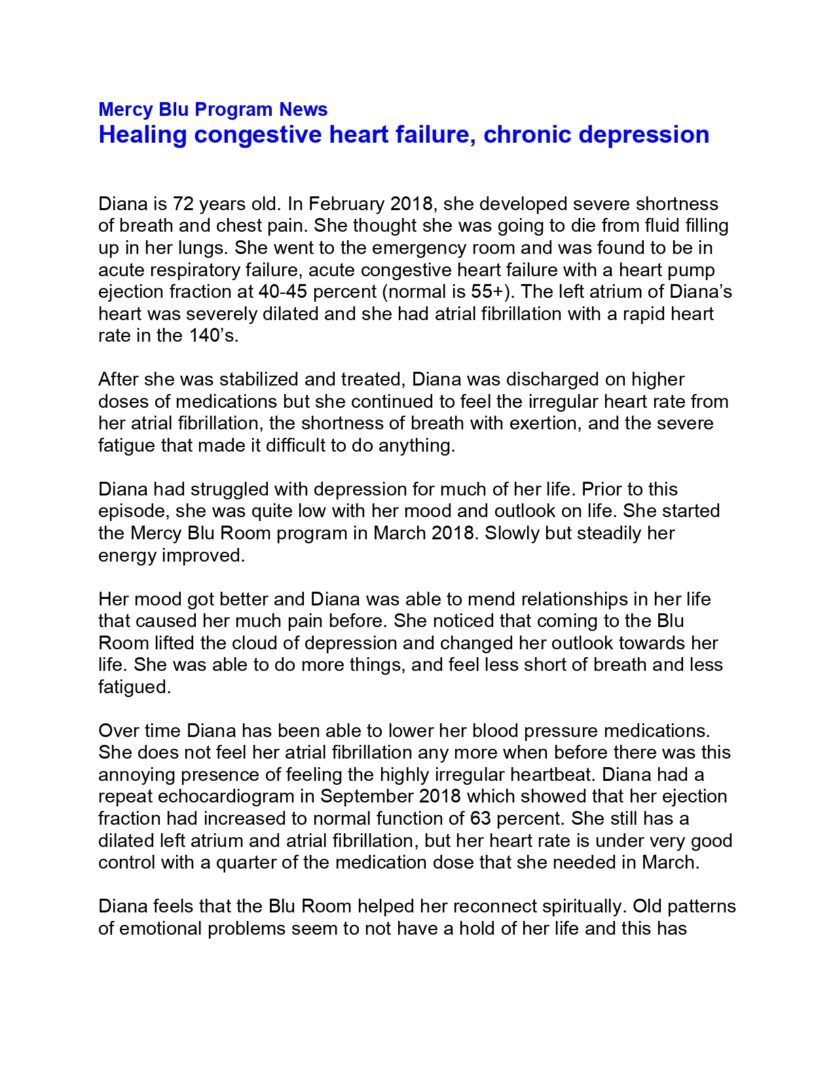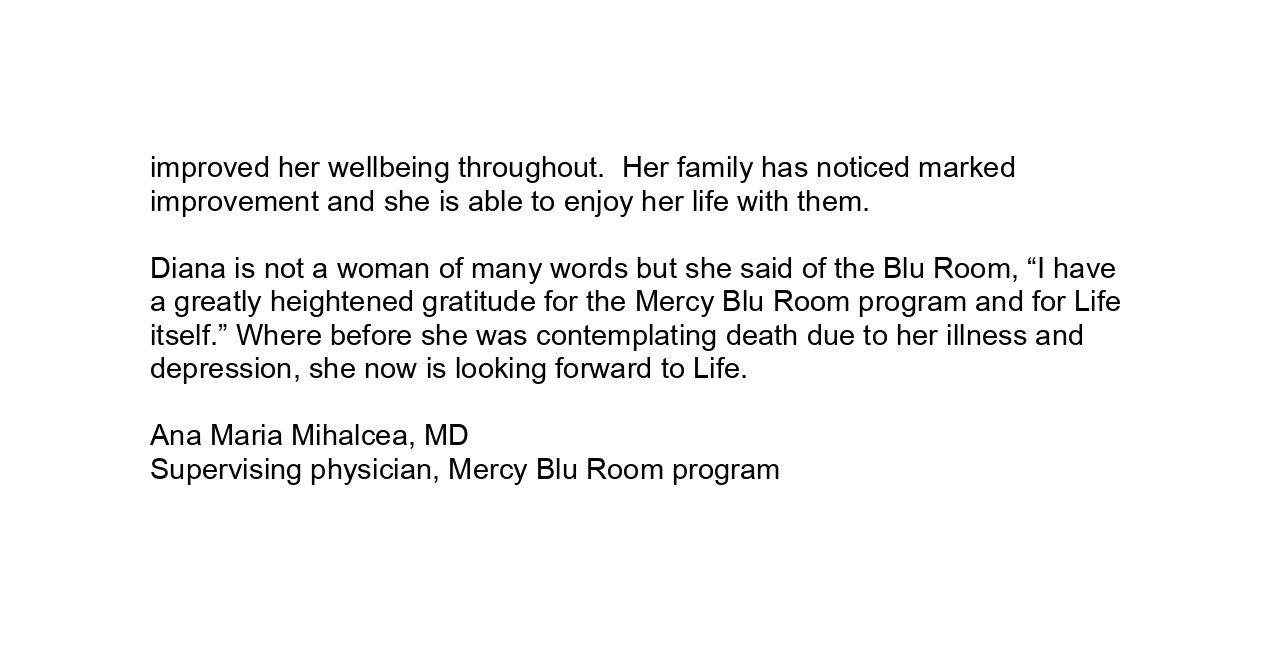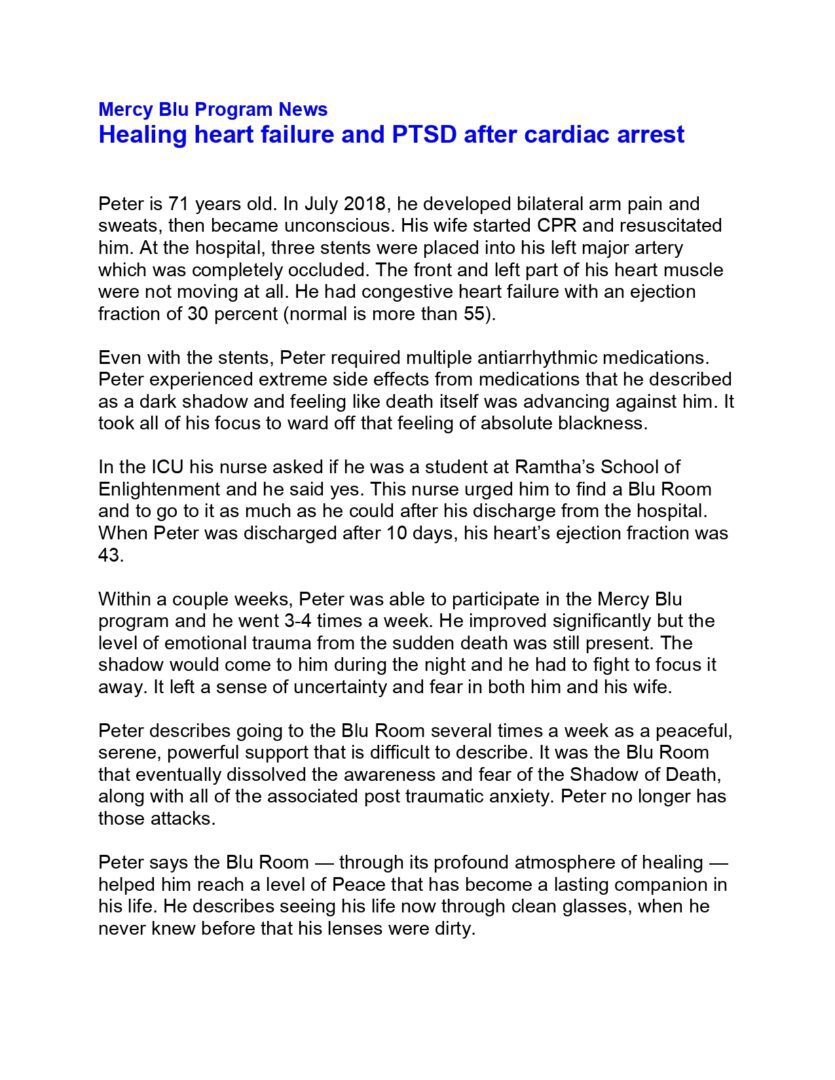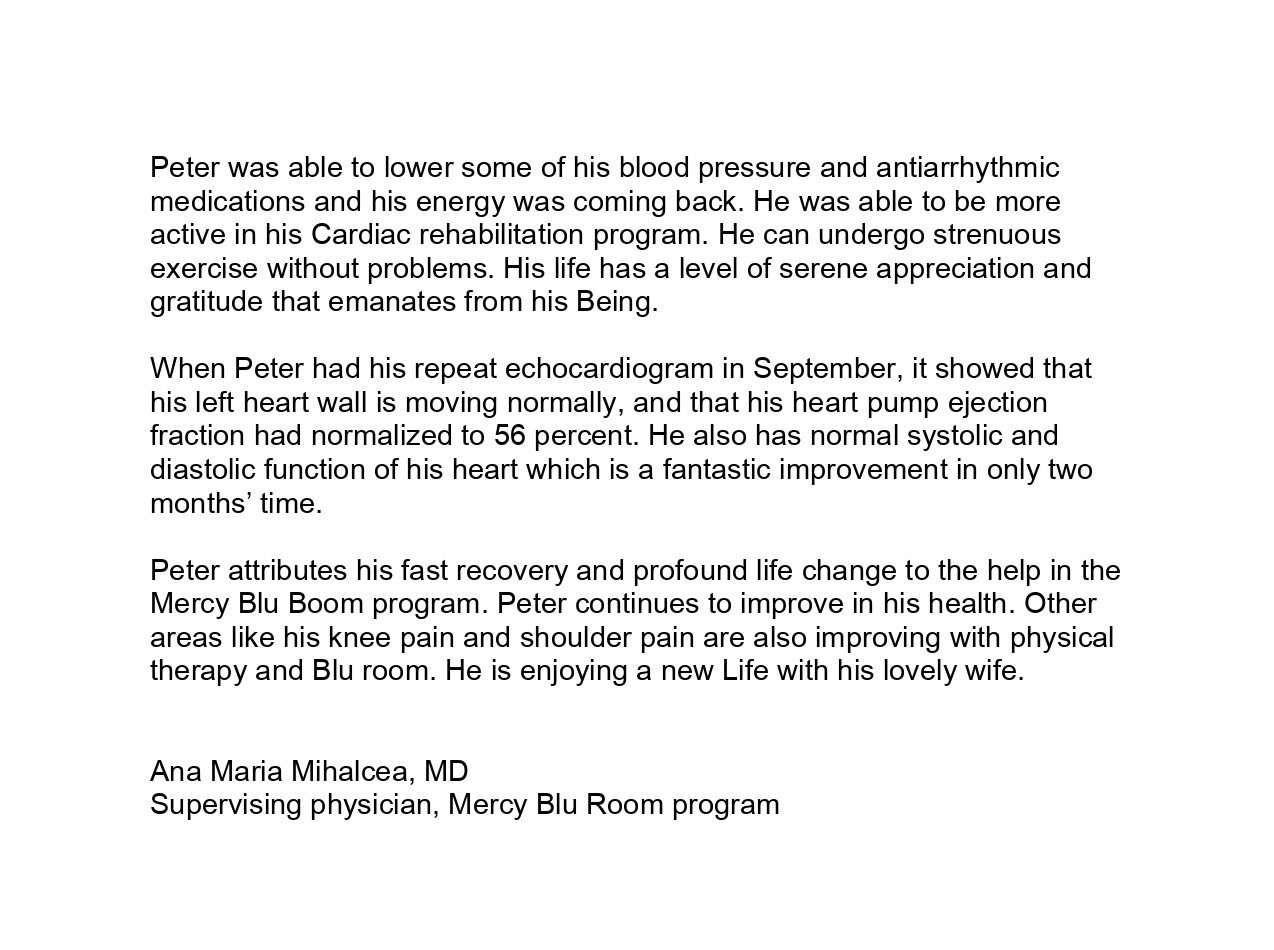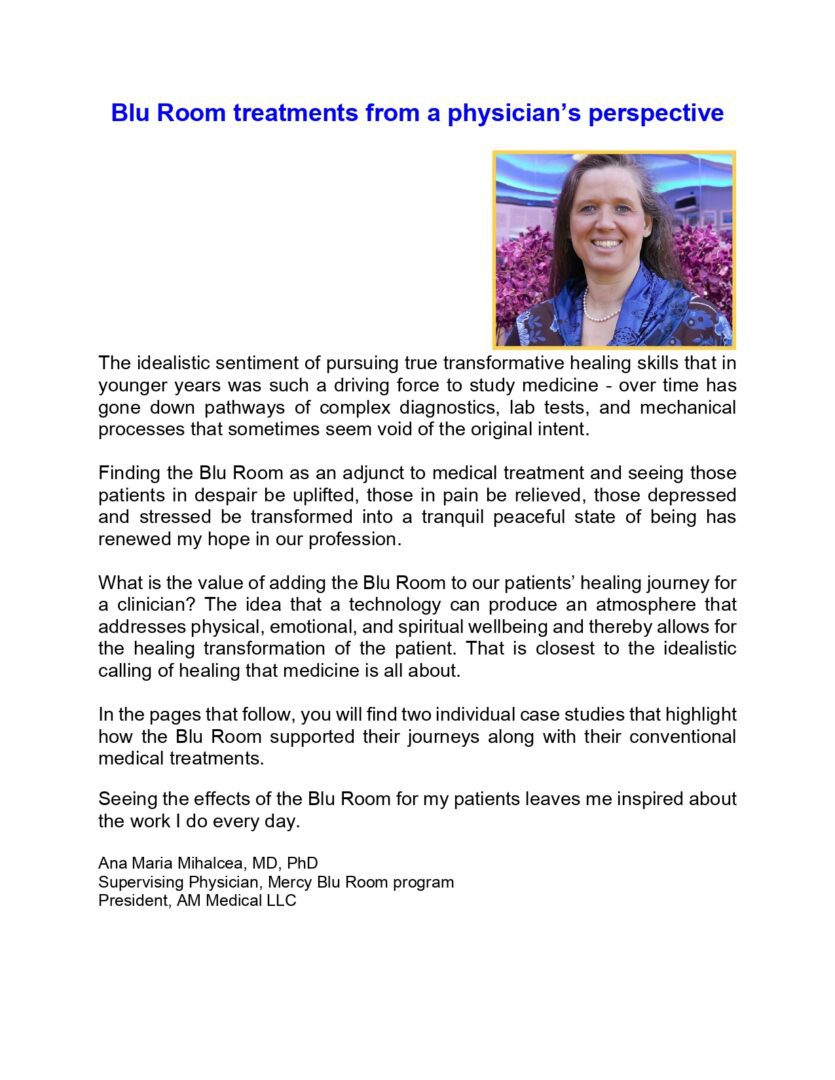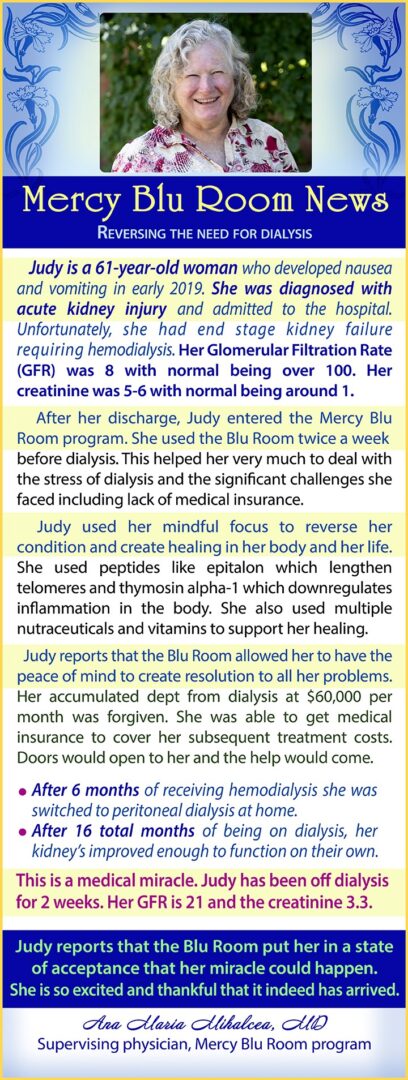Over the last several decades, skin cancer cases have increased exponentially around the world. Despite the narrative that exposure to UVB rays is a source for skin cancer, researchers have shown the opposite is true.
The researchers analyzed skin cancer incidences by latitude, sex, age group, and skin type in more than 50 countries on five continents. The increases in skin cancer appear to be primarily due to:
- exponential spread of the Human Papilloma Virus (HPV)
- declining levels of vitamin D primarily from indoor work
- increased UVA exposure
HPV has also been increasing at an exponential rate. Vitamin D is important for many reasons in reducing the risk for skin cancer but one of the most essential is for T-cell activation to kill cells viral infections like with HPV and also kill cancer cells. Low vitamin D levels can occur from behaviors like avoiding sun exposure as well as the excessive use of sunscreens that increase UVA exposure.
Sunscreens in the US that decrease UVB doses did not decrease the incidence of skin cancer but rather appear to have increased skin cancers in a dose-dependent manner. The reasons US sunscreens were not protective against skin cancer may be because they almost completely annihilate vitamin D3 production using sun protection factor of 15 or more, and they allow people to stay out in the sun longer resulting in higher doses of UVA radiation.
The above video is an 8 min excerpt from a presentation by Dr. Edward Gorham M.P.H. Ph.D of UCSD Department of Family and Preventive Medicine, Vitamin D workshop from Dec 2, 2008. To see the full presentation please click on this link
Each 3 minutes of UVB in a Blu Room session provides a light-skinned person with an equivalent of around 10,000 IU of oral vitamin D and around 5,000 IU for a tanned or darker skinned person.
Disclaimer: The information on this website is for informational purposes only, to provide knowledge of various health topics. The purpose of this website is not intended to be a substitute for professional medical advice or treatment. Always seek advice from your qualified health care provider with any questions you may have regarding a medical condition or treatment and before undertaking a new health care regime.



